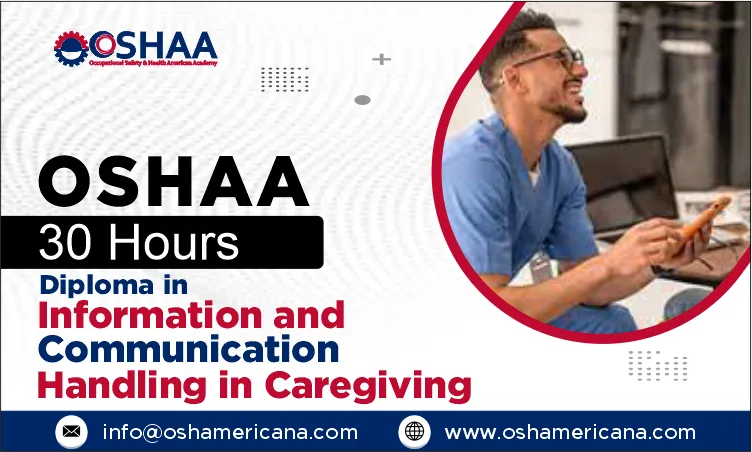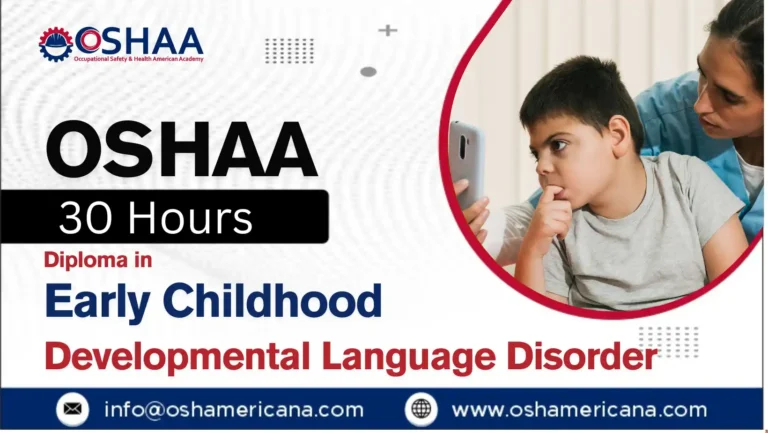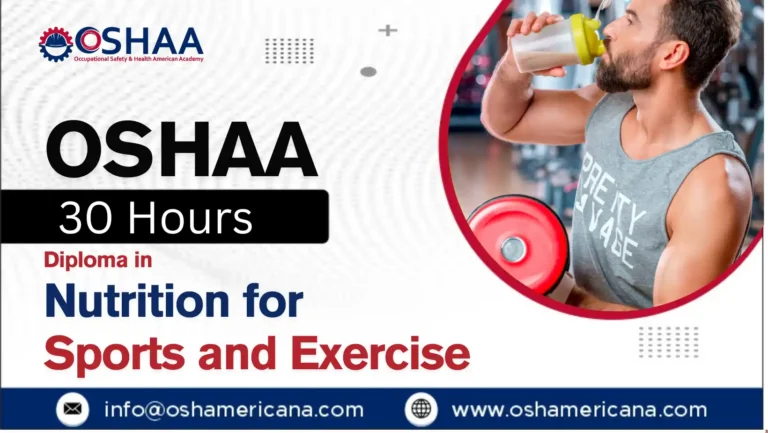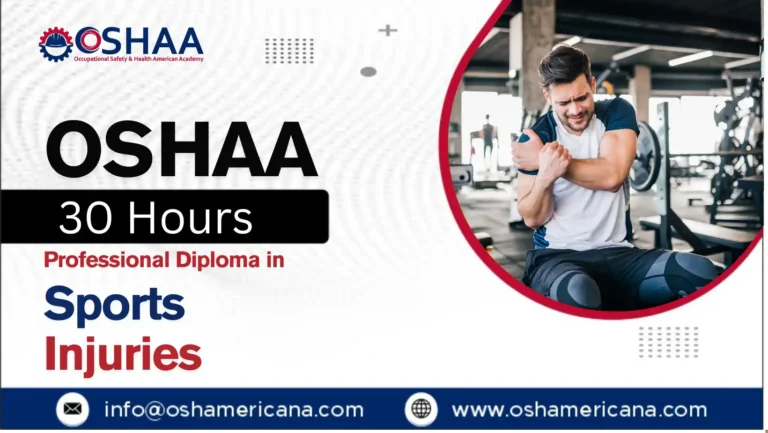Effective communication is a vital aspect of caregiving, ensuring that patients receive high-quality care while fostering trust between caregivers, patients, and their families. The OSHAA 30-Hour Diploma in Information and Communication Handling in Caregiving is designed to equip healthcare and caregiving professionals with the skills necessary to manage information, communicate effectively, and uphold confidentiality in care settings.
This diploma is a structured training programme aimed at professionals working in healthcare, residential care, home care, and other caregiving roles. It provides essential knowledge on communication techniques, information handling protocols, and the ethical considerations involved in caregiving.
Participants will learn how to navigate sensitive conversations, maintain accurate patient records, and use digital systems securely while complying with legal and ethical guidelines. The programme is suitable for those seeking to enhance their professional skills and ensure the highest standards of care.
Effective communication and information handling are fundamental to delivering high-quality caregiving services. The OSHAA 30-Hour Diploma in Information and Communication Handling in Caregiving equips professionals with essential skills to enhance patient interactions, maintain confidentiality, and improve the overall standard of care.
OSHAA 30-Hours Diploma in Information and Communication Handling in Caregiving
Study Units
Learning Outcomes
Fundamentals of Caregiving Communication (3 Hours)
- Understand the key principles of effective communication in caregiving.
- Identify different forms of communication, including verbal, non-verbal, and written.
- Recognise common communication barriers and strategies to overcome them.
Legal and Ethical Aspects of Information Handling (5 Hours)
- Understand the legal requirements for data protection and patient confidentiality.
- Identify ethical considerations in handling sensitive patient information.
- Apply best practices to ensure compliance with privacy regulations in caregiving settings.
Active Listening and Empathy in Caregiving (3 Hours)
- Develop active listening skills to enhance caregiver-patient interactions.
- Recognise the importance of empathy in building trust and emotional support.
- Apply techniques to improve engagement and understanding in caregiving conversations.
Documentation and Record-Keeping in Healthcare (4 Hours)
- Understand the importance of accurate and timely record-keeping.
- Learn best practices for maintaining clear and legally compliant documentation.
- Identify common errors in healthcare records and strategies to prevent them.
Digital Communication and Information Security (4 Hours)
- Understand the role of digital communication in modern caregiving.
- Recognise potential cybersecurity risks in handling patient data.
- Apply secure methods for storing and sharing sensitive information.
Handling Difficult Conversations and Sensitive Topics (3 Hours)
- Develop techniques for managing emotionally challenging conversations.
- Understand the impact of tone, language, and body language in sensitive discussions.
- Learn strategies to support patients and families through difficult situations.
Cultural Awareness and Inclusive Communication (4 Hours)
- Recognise the importance of cultural competence in caregiving communication.
- Identify strategies to ensure inclusive and respectful communication.
- Develop skills to adapt communication styles to meet diverse patient needs.
Communication Strategies for Dementia and Cognitive Impairments (4 Hours)
- Understand the challenges faced by individuals with dementia and cognitive impairments.
- Learn effective communication techniques to improve interactions with affected patients.
- Develop strategies to create a supportive and patient-centred communication environment.
- Enhanced Communication Skills – Develop effective verbal, non-verbal, and written communication techniques tailored for caregiving settings.
- Improved Patient Care – Strengthen patient relationships through active listening, empathy, and clear information sharing.
- Legal and Ethical Compliance – Gain knowledge of data protection laws and ethical standards to ensure confidentiality and professionalism.
- Accurate Information Management – Learn best practices for maintaining precise and secure healthcare records.
- Secure Digital Communication – Understand how to handle patient information securely in an increasingly digital healthcare environment.
- Better Handling of Sensitive Conversations – Develop confidence in managing difficult discussions with patients and families.
- Cultural Awareness and Inclusivity – Improve communication with diverse patient groups by adopting culturally sensitive approaches.
- Specialised Dementia Communication Strategies – Learn tailored techniques to enhance interactions with individuals suffering from dementia and cognitive impairments.
- Career Advancement – Strengthen professional credentials and open new opportunities in caregiving and healthcare.
- Higher Quality Care Standards – Contribute to a more effective, compassionate, and professional caregiving environment.
The OSHAA 30-Hour Diploma in Information and Communication Handling in Caregiving is designed for individuals working in or aspiring to enter the healthcare and caregiving sectors. It is ideal for:
- Caregivers and Support Workers – Professionals providing personal care in residential, home, or community settings.
- Nurses and Healthcare Assistants – Individuals looking to enhance their communication and information-handling skills.
- Social Workers and Community Care Professionals – Those supporting vulnerable individuals and families in healthcare or social care settings.
- Home Care Providers – Caregivers assisting elderly, disabled, or chronically ill individuals in home environments.
- Administrators and Receptionists in Healthcare – Staff responsible for handling patient records, data protection, and information security.
- Medical and Healthcare Students – Aspiring professionals seeking foundational knowledge in caregiving communication.
- Dementia and Palliative Care Workers – Individuals who interact with patients requiring specialised communication strategies.
- Managers and Supervisors in Care Facilities – Professionals overseeing caregiving teams and ensuring compliance with communication protocols.
- Anyone Seeking a Career in Healthcare or Social Care – Individuals looking to develop essential communication and information management skills for the sector.
This diploma is suitable for professionals across various healthcare settings, including hospitals, nursing homes, assisted living facilities, and home care services.







